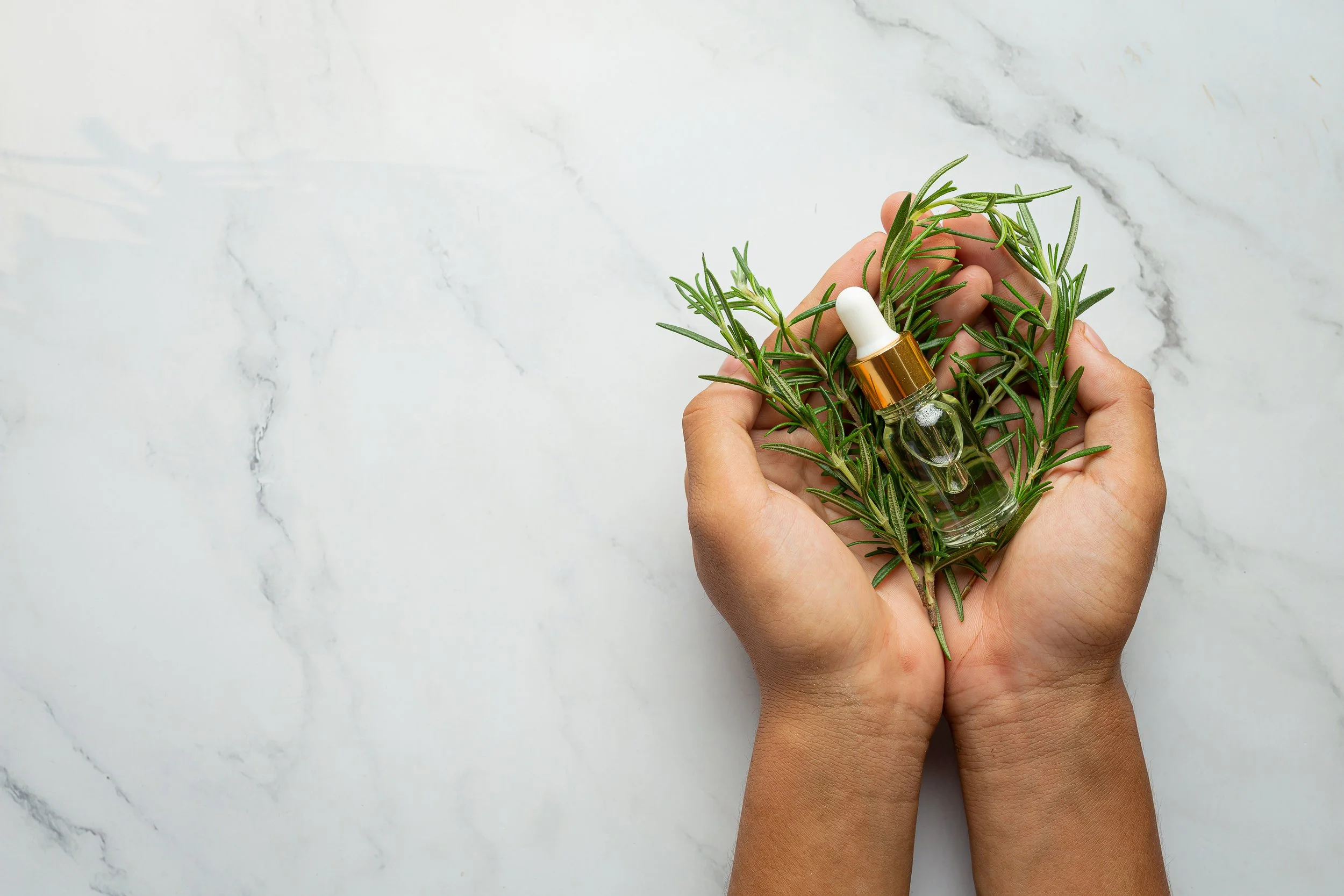Revitalizing Oncology Care with Herbal Medicine
Herbal medicine plays a vital role in enhancing wellness, physical health, and therapeutic outcomes when safely integrated into conventional oncology treatment. A cross-sectional review of clinical trials found that approximately 22 percent of cancer patients in the United States use herbal therapies alongside chemotherapy or radiation. In Europe, that number rises to as high as 72 percent. Most patients turn to these therapies to relieve common side effects such as nausea, fatigue, peripheral neuropathy, sleep disruption, and loss of appetite (Current Characteristics of Herbal Medicine Interventions for Cancer).
These trends underscore a growing patient preference for holistic, integrative oncology care, one that supports the whole person, not just the disease.. As practices like acupuncture and mindfulness have grown, the evidence for herbal medicine's role in improving quality of life and physical recovery has strengthened.
Clinical Benefits of Herbal Medicine in Oncology
1. Improves quality of life
A systematic review of Chinese herbal medicine in palliative oncology care demonstrated consistent improvements in quality of life with minimal adverse effects. Studies in Southeast Asia have also shown improved functional status and reduced severity of chemotherapy-related symptoms such as fatigue, appetite loss, and insomnia.
2. Reduces symptom burden
Ginger has demonstrated antiemetic effectiveness comparable to metoclopramide in chemotherapy-induced nausea.
Astragalus combined with platinum chemotherapy significantly improved response rates and one-year survival in non-small cell lung cancer.
Melatonin, glutamine, Coriolus versicolor, and curcumin have been shown to reduce mortality rates, protect against neuropathy, and lessen treatment toxicity.
These plant-based therapies offer scientifically backed support for physical recovery and quality of life, making them valuable additions to evidence-based cancer care.
Addressing Safety and Clinical Oversight
Although herbal medicine is generally well tolerated, it is not without risk. Some botanicals can alter drug metabolism, increase toxicity, or diminish therapeutic efficacy. For instance, St. John’s wort can reduce serum levels of irinotecan or docetaxel, and ginkgo or high-dose garlic may increase the risk of bleeding. Green tea supplements have also been shown to interfere with certain chemotherapeutic agents.
To minimize risk:
Always inform your oncologist and pharmacy team when using herbal supplements.
Use third-party tested products (e.g., Traditional Herbal Registration or equivalent).
Avoid isolated alternative therapies in place of conventional treatment.
Integrate herbal medicine alongside evidence-based therapy, not instead of it.
A Holistic Oncology Framework at Saffron & Sage Living
At Saffron & Sage Living, we specialize in integrative and functional medicine approaches that address the whole person. Our oncology support framework includes:
Physical health support: Utilizing botanicals such as ginger and astragalus to reduce chemotherapy side effects and fortify immune resilience.
Mind-body therapies: Incorporating acupuncture, guided breathwork, and restorative yoga to regulate the nervous system and manage cancer-related stress.
Nutrition therapy: Designing individualized nutrition plans focused on reducing inflammation, supporting liver detoxification, and optimizing cellular recovery.
Collaborative care: Encouraging open communication between patients, oncologists, herbalists, and pharmacists to ensure aligned and safe treatment planning.
Accessible care in San Diego: Offering in-person consultations, remote follow-ups, and group education rooted in the wellness culture of Southern California.
Steps to Safely Integrate Herbal Medicine
Comprehensive clinical assessment: Evaluate current medications, lab markers, and treatment protocols. Assess for herb-drug interactions and contraindications.
Evidence-based formulation: Select herbs supported by clinical research, such as ginger for nausea, astragalus for fatigue, and curcumin for inflammation.
Safe dosing and monitoring: Utilize therapeutic ranges verified in the literature. For example, fresh ginger is typically dosed at 0.5 to 3 grams per day, and glutamine at 30 grams daily for mucosal support. Regularly assess efficacy and tolerance.
Ongoing interdisciplinary communication: Keep all members of the care team updated to ensure cohesive treatment and reduce the risk of interactions or side effects.
Why Herbal Medicine Matters in Oncology
For patients:
• Greater sense of control and participation in the healing process
• Improved symptom management and physical comfort
• Enhanced emotional wellbeing and resilience
For providers:
• Improved patient engagement and satisfaction
• Reduction in the need for rescue medications
• A distinctive and integrative offering that elevates standard care
When integrated safely, herbal therapies expand the tools available for addressing complex needs in oncology and allow patients to feel supported across every dimension of their healing journey.
Elevate Oncology Care with Herbal Medicine
Integrative oncology does not replace conventional care, it enhances it. Herbal medicine, when used under appropriate clinical supervision, supports the body's natural healing processes and helps minimize the physical burden of treatment. For patients in San Diego, Saffron & Sage Living offers expertly designed herbal protocols that align with modern oncology standards and personalized wellness goals.
Take the Next Step with Saffron & Sage Living
If you are ready to explore how herbal medicine can support your oncology journey, we encourage you to connect with us. Let our team guide you through safe, science-based integration tailored to your therapy plan.
Call us at (619) 933‑2340 to schedule a consultation, learn more about our oncology care services, or begin your personalized herbal medicine pathway.
Prioritize your wellness and physical health now, holistic healthcare support is just a call away.

